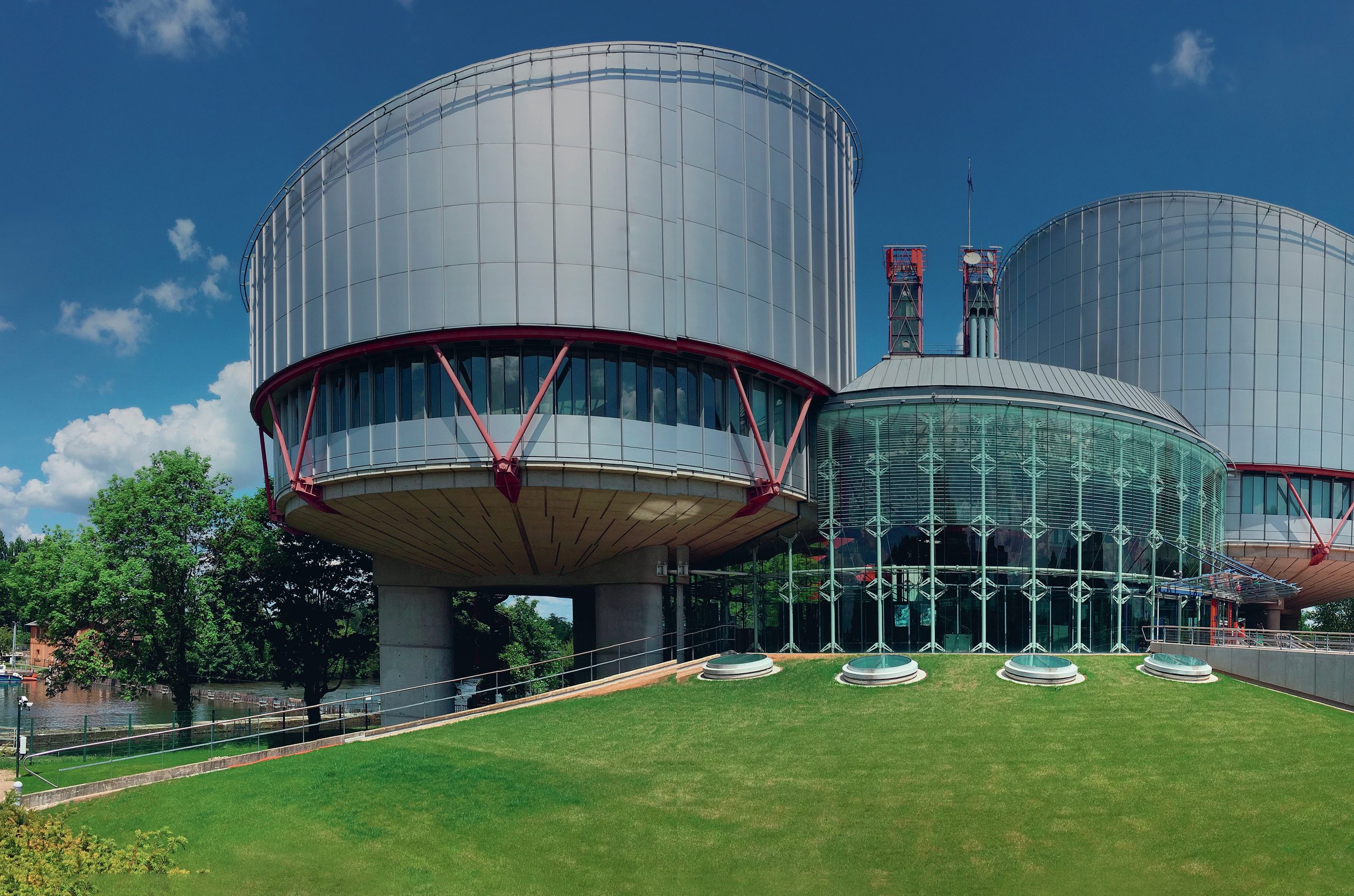Ten things you need to know about the enforcement of human rights law
Craig Beauman outlines ten key points to aid your revision

1 Human rights
There are three main elements to consider in the enforcement of human rights law:
■ the role of the English domestic courts
■ the process of judicial review
■ the role of the European Court of Human Rights (ECtHR)
2 The role of the English courts
All English courts must interpret and comply with the laws contained in the Human Rights Act 1998 (HRA, see s.3). English laws passed by Parliament do not have to comply with the HRA. However, if judges in the senior English appeal courts believe a law is incompatible they must say so and refer the matter to Parliament to resolve. This is called a declaration of incompatibility (HRA, see s.4).
3 The role of the courts before 2000
The UK has been subject to the European Convention on Human Rights (ECHR) since 1953, but an absolute requirement was not fully incorporated into English law until the passing of the HRA in 2000. Prior to the passing of the HRA, if a citizen felt an English law was incompatible with the ECHR, they had to take their case to the ECtHR. The English courts would make judgements knowing that their decisions could be overturned on appeal to the ECtHR.
4 The role of the courts after 2000
Since the passing of the HRA, when determining a question in connection with a Convention under the ECHR, English courts must consider any judgement, decision, declaration or advisory opinion of the ECtHR (s.2(1) HRA).
5 Judicial review — what is it?
Judicial review is a process whereby a judge in the King’s Bench Division reviews the lawfulness of a decision made by a public body such as government departments or local authority. The action can be brought by anyone with an interest in the decision made by the public body.
6 Grounds for judicial review: illegality
Where a public body fails to follow the law that they must operate under, usually contained through legislation, and judicial review finds that they have not followed this, then the failure is deemed illegal. This is known as ultra vires — outside their power. For example, if a local authority decides something that exceeds their powers.
7 Grounds for judicial review: fairness
A public body must act fairly and responsibly. If they act unfairly, which amounts to an abuse of power, then the process of judicial review will force the public body to change or amend its decision to comply with the legislation it is governed by.
8 Grounds for judicial review: irrationality and proportionality
Judicial review can set aside a decision made by the public body where it believes the decision was irrational or disproportionate to that which it is expected to have made. In R (Rogers) v Swindon NHS Trust (2006), an NHS Trust was found to have irrationally and disproportionately refused to supply a drug to a cancer patient. In all the instances of judicial review above the main ground in human rights cases is that a public authority or official has acted in breach of a right and has therefore acted unlawfully.
9 ECtHR: the procedure for bringing a case to the court
This court deals with complaints against states and between individual citizens against states. There are various conditions and criteria for bringing a case to the court, including:
■ the citizen must be a victim and directly impacted by the act they are complaining about
■ domestic remedies (decisions) must have been exhausted
■ a claim must be made within 6 months of the final decision of the domestic court
10 ECtHR: the guiding principles of the court
The court is the instrument of interpreting the rights contained in the ECHR. It is not bound by its own previous decisions — like the UK’s Supreme Court — to allow flexibility and the development of interpretation. The court follows the principles of effectiveness, autonomy, independence and the enforcement of an obligation of a citizen’s or organisation’s rights.
LawReviewExtras
Download this poster at www.hoddereducation.co.uk/lawreviewextras





